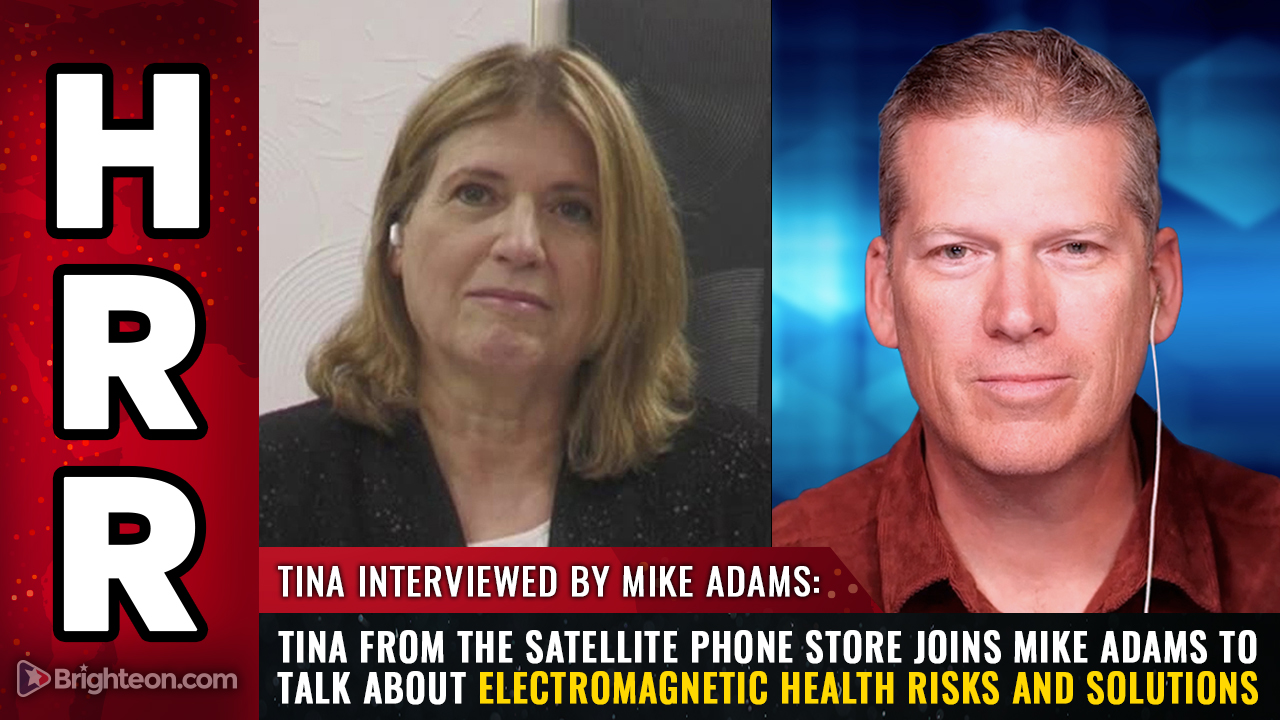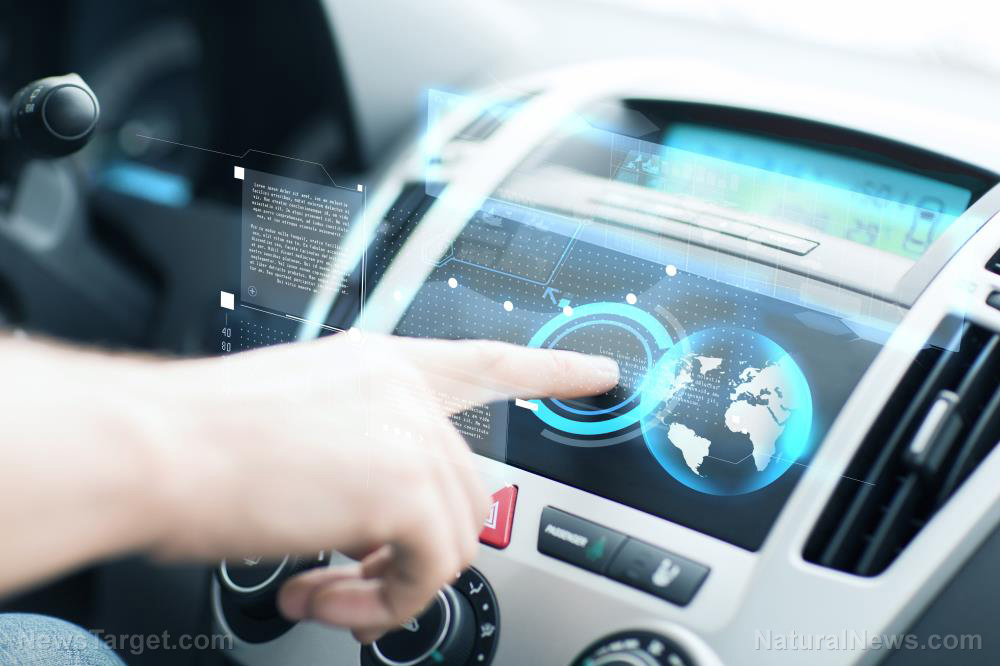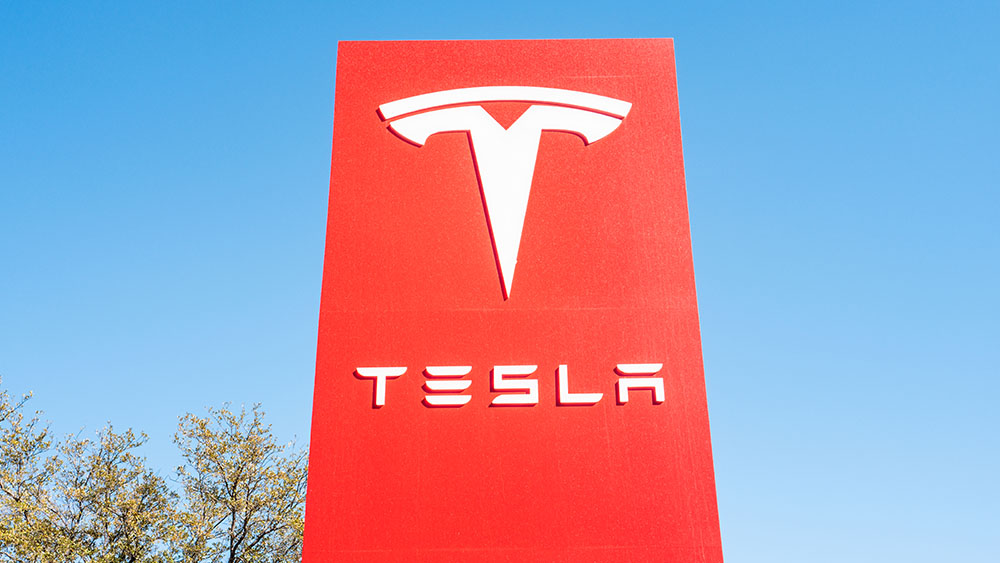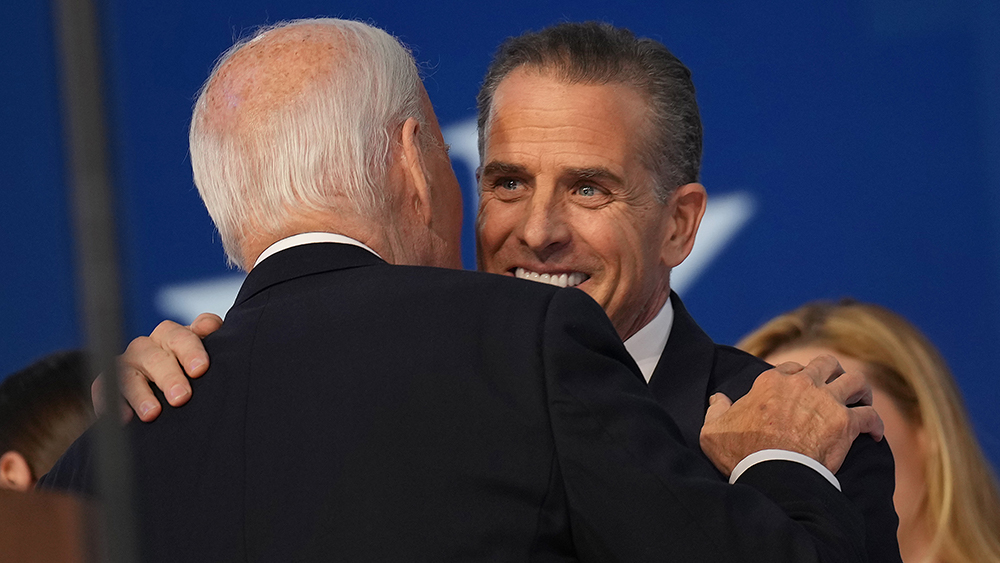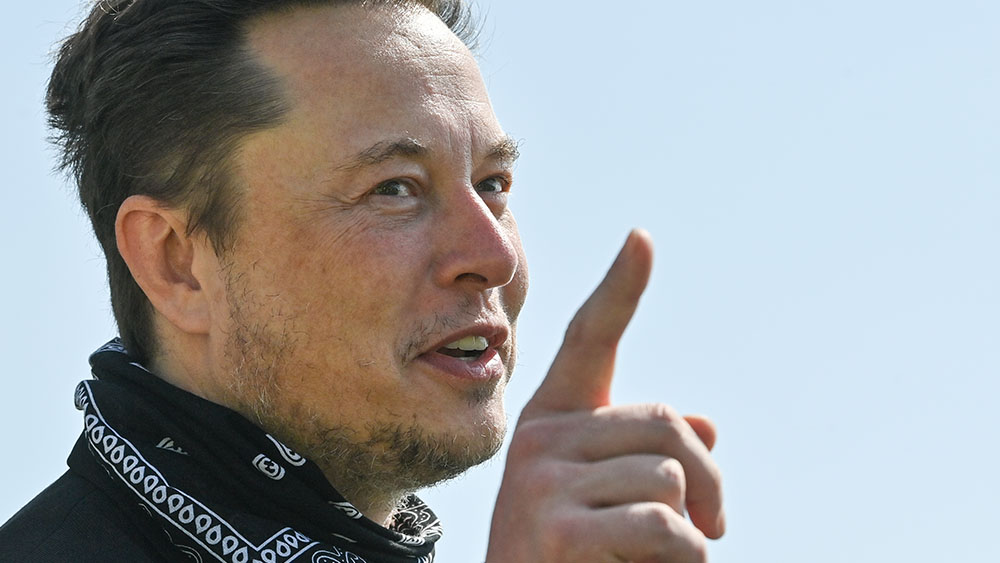Bill Gates predicts AI will replace humans in most roles within a decade
03/31/2025 / By Willow Tohi

- Bill Gates predicts AI will make humans unnecessary for most tasks within a decade, revolutionizing fields like medicine, education and agriculture by providing “free intelligence”—high-quality services currently requiring human expertise.
- AI is expected to drive significant economic growth but will fundamentally alter work dynamics, with Gates acknowledging the changes could be “profound and a little scary” due to rapid advancements and labor displacement.
- While Gates sees AI as augmenting human capabilities, others like Mustafa Suleyman warn of its “hugely destabilizing” effects on jobs, arguing AI will eventually replace rather than just assist human labor.
- Gates recognizes AI’s risks (e.g., job loss, misinformation) but opposes calls to pause AI development, advocating instead for targeted solutions to mitigate challenges while harnessing its benefits for global issues.
- Gates stresses the need for coordinated efforts to ensure AI is developed safely and equitably, emphasizing thoughtful regulation to maximize its positive impact on society.
Bill Gates, the co-founder of Microsoft and renowned philanthropist, has made a bold prediction that artificial intelligence (AI) will render humans unnecessary for most tasks within the next decade. During an interview with comedian Jimmy Fallon on NBC’s “The Tonight Show” in February, Gates outlined a future where AI will revolutionize fields such as medicine, education and even agriculture. This forecast comes amid a growing debate about the role of AI in society and its potential impacts on the workforce and economy.
The dawn of “free intelligence”
Gates envisions a new era of “free intelligence” where advanced AI technologies will provide high-quality services that are currently the domain of specialized human expertise. “With AI, over the next decade, that will become free, commonplace — great medical advice, great tutoring,” Gates told Fallon. He further elaborated on this vision in a conversation with Harvard University professor Arthur Brooks, noting that AI will permeate daily life, transforming healthcare, education and other critical sectors.
According to Gates, the impact of AI will be “profound and even a little bit scary” due to its rapid development and the lack of an upper bound on its capabilities. He believes that AI will unlock enormous amounts of economic growth but acknowledges that it will fundamentally change the nature of work.
The debate on AI’s impact
The debate over how AI will shape the future of work is intensifying. Some experts, like Gates, see AI as a tool that will augment human capabilities and create new opportunities. “It’s very profound and even a little bit scary — because it’s happening very quickly, and there is no upper bound,” Gates told Brooks.
However, others are more skeptical. Mustafa Suleyman, CEO of Microsoft AI, argues that AI will have a “hugely destabilizing” impact on the workforce. In his 2023 book, “The Coming Wave,” Suleyman writes, “These tools will only temporarily augment human intelligence. They will make us smarter and more efficient for a time, and will unlock enormous amounts of economic growth, but they are fundamentally labor replacing.”
Gates himself acknowledges the potential for disruption, particularly in terms of job stability and the spread of misinformation. However, he remains optimistic about the overall benefits of AI, citing its potential to address some of the world’s most pressing challenges, such as climate change and global health inequities.
A call for responsible development
Despite his optimism, Gates is not blind to the risks associated with AI. He has been a vocal critic of calls to pause AI development, as advocated by figures like Elon Musk and over 10,000 AI experts. In an interview with Reuters, Gates argued that a pause would not effectively address the challenges of AI development. “I don’t think asking one particular group to pause solves the challenges,” he said. “Clearly, there [are] huge benefits to these things … what we need to do is identify the tricky areas.”
Gates suggests a more targeted approach to mitigating the risks of AI, focusing on identifying and addressing the most significant issues. He has also emphasized the need for a global effort to ensure that AI development is safe and beneficial for all. “There are a lot of different opinions in this area,” Gates told Reuters, highlighting the complexity of the issue.
Conclusion
Bill Gates’s prediction that AI will replace humans in most roles within a decade underscores the transformative power of this technology. While the potential benefits are vast, from breakthrough medical treatments to innovative climate solutions, the challenges are equally significant. As the debate on AI’s role in society continues, it is clear that responsible development and thoughtful regulation will be crucial in shaping a future where AI serves to enhance, rather than diminish, human capabilities.
The future that Gates envisions is both exciting and daunting, and it will be up to society to navigate the complexities and ensure that the benefits of AI are realized in a way that benefits everyone.
Sources include:
Submit a correction >>
Tagged Under:
AI, AI dangers, artificial intelligence, bill gates, computing, depopulation, free intelligence, future tech, Glitch, information technology, Microsoft, pensions, risk, robots
This article may contain statements that reflect the opinion of the author
RECENT NEWS & ARTICLES
COPYRIGHT © 2017 COLLAPSE.NEWS
All content posted on this site is protected under Free Speech. Collapse.news is not responsible for content written by contributing authors. The information on this site is provided for educational and entertainment purposes only. It is not intended as a substitute for professional advice of any kind. Collapse.news assumes no responsibility for the use or misuse of this material. All trademarks, registered trademarks and service marks mentioned on this site are the property of their respective owners.






